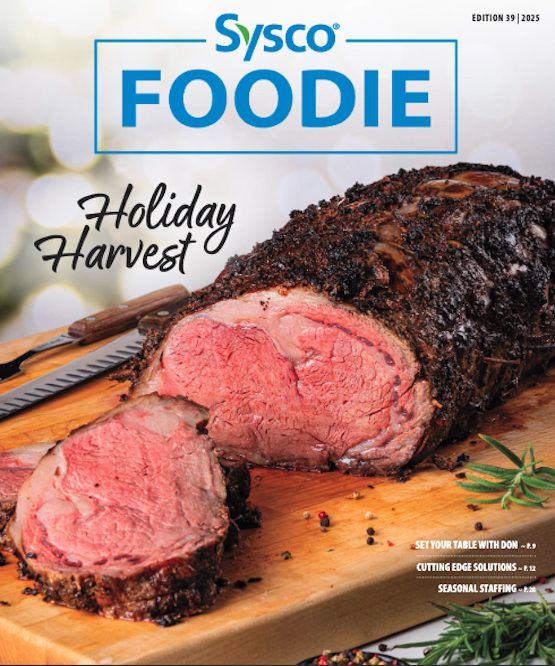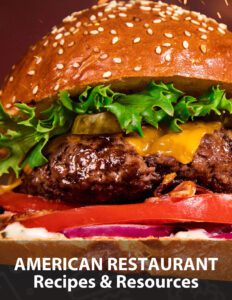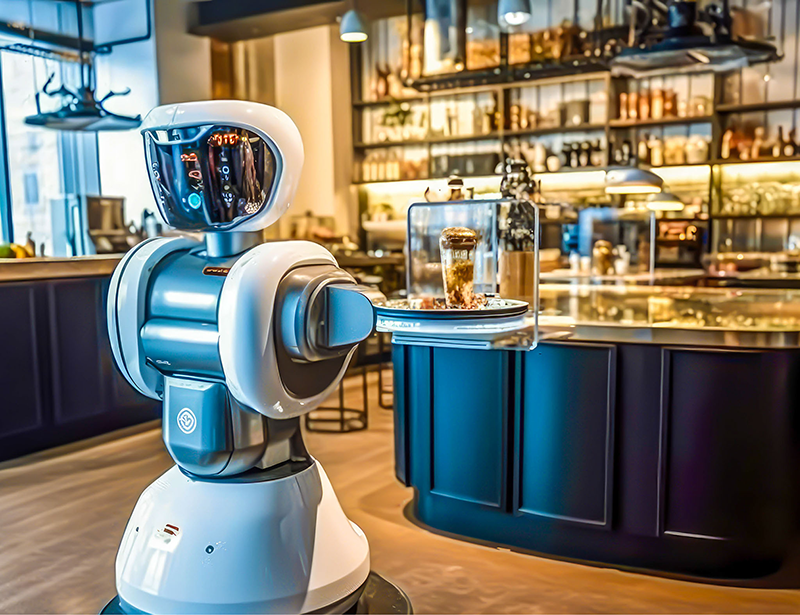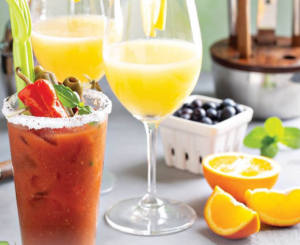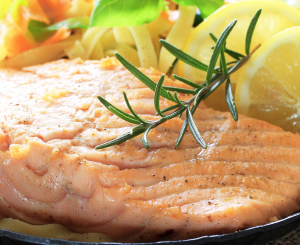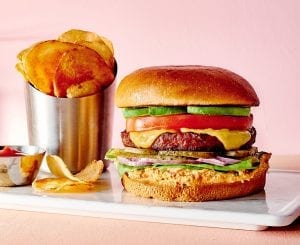A Personalized Experience
Convenience and personalized experiences have become the norm in the hospitality industry. In this digital age, AI-powered chatbots are changing the game. These virtual concierges can help customers navigate menus, make reservations, and provide recommendations effortlessly. Chatbots engage with customers instantaneously, efficiently taking orders, answering queries, and even suggesting dishes based on individual tastes.
Imagine walking into a bustling bistro and, before you can utter a word, a friendly chatbot pops up on your smartphone, welcoming you back and recommending a dish you enjoyed during your last visit. By leveraging AI, operators can enhance the customer experience and gain a significant competitive edge.
The true power of AI lies in its ability to analyze vast datasets. Chatbots can learn customer preferences and tailor recommendations, leading to more intimate and engaging dining experiences. Additionally, chatbots can serve as valuable content creators. Generating copy for social media posts or websites can be time-consuming for busy restaurant operators.
However, free chatbot tools like ChatGPT can generate content at the push of a button. With a simple prompt, outlining the intent, tone, and audience, chatbots can generate high-quality and engaging content, allowing restaurant owners to focus on other critical tasks.
Labor Saving Technology
The AI and robotics revolution is not limited to customer interactions; it has also entered the heart of the restaurant industry – the kitchen. In high-volume establishments, automation can greatly enhance efficiency and accuracy.
Take Flippy, a robotic kitchen assistant developed by Miso Robotics, for example. Equipped with AI capabilities, Flippy can handle challenging tasks, such as flipping burgers and monitoring cooking times, ensuring consistent and perfectly cooked meals. Integrating such robots into the kitchen saves time and reduces waste, enabling foodservice professionals to focus on culinary creativity.
AI’s remarkable ability to process and learn from vast amounts of data makes it an excellent assistant even before the cooking begins. AI can help create recipes or identify ingredient combinations that may not be readily apparent. IBM’s Chef Watson, a cognitive cooking assistant, collaborates with chefs to generate innovative recipes. By analyzing thousands of flavor profiles and cooking styles, Chef Watson produces unexpected combinations and brings unique dishes to life.
These capabilities are instrumental in developing specials based on available ingredients, reducing food waste, and driving overall growth.
Streamlining Operations
The restaurant industry is undoubtedly being transformed by the integration of AI and robotics. From delivering personalized experiences through chatbots to revolutionizing kitchen operations with automated assistants, artificial intelligence is paving the way for a more efficient, engaging, and sustainable foodservice sector.
Embracing these emerging technologies opens up a realm of possibilities for restaurant owners and professionals, enabling them to thrive in the digital age and meet the ever-evolving expectations of their customers.
Artificial intelligence and robotics are not just futuristic concepts but practical tools that are already reshaping the restaurant industry. With AI-powered chatbots providing personalized recommendations and efficient interactions, and robotic assistants streamlining kitchen operations, restaurants are able to enhance customer experiences, improve efficiency, and reduce waste.
The integration of AI and robotics brings a new world of possibilities, allowing foodservice professionals to focus on their culinary creativity and drive growth in a competitive landscape.


